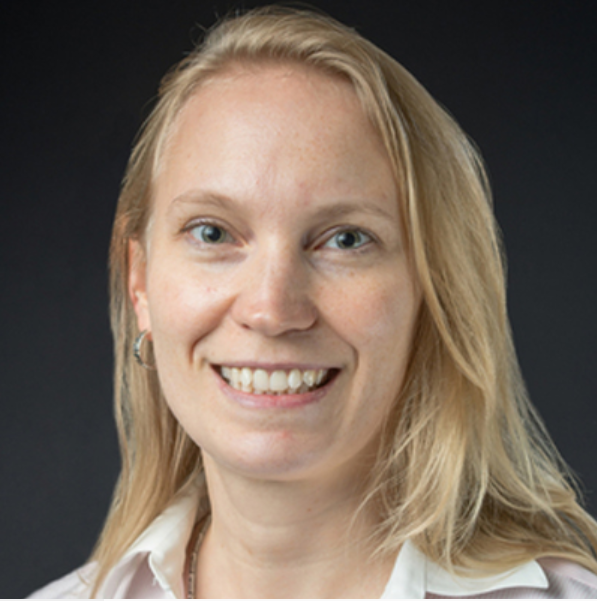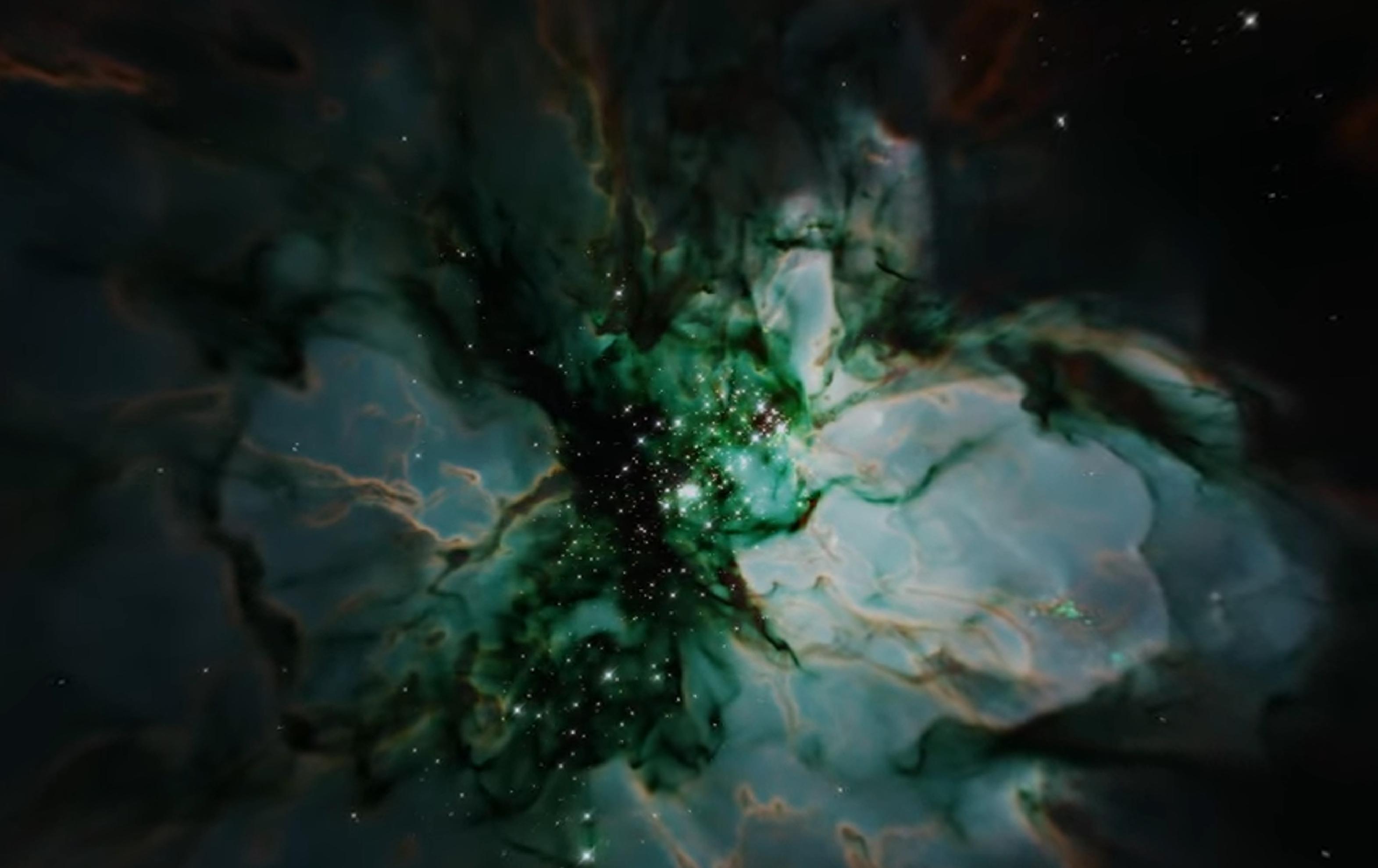“What computational problems look the most interesting?”
Like many students and faculty members at the Oden Institute, this question has followed Stella Offner, a new Core Faculty member at the Oden Institute for Computational Engineering and Sciences at The University of Texas at Austin.
“All of my degrees are in physics,” Offner remarked. “When I had to choose a concentration for my Ph.D. at Berkeley, I gravitated towards astronomy because it encompassed every kind of physics - from fluids, to turbulence, to gravity, to magnetic fields.”
Astronomy served as the ultimate computational and scientific playground for Offner, providing an endless source of multidisciplinary questions to research, model, and understand. Much of her research focuses on understanding how stars like our Sun form. “I perform computer simulations of the turbulent birth environment of stars, and use them to make predictions for what telescopes observe - it gives us a window into the evolution of galaxies and the initial conditions of planetary systems,” Offner explained. In the background, operatic music softly hummed, as a visualization of a simulation from the STARFORGE project played on the screen in front of us.

